Homeschooling
January 6, 2005
10:10 PM CDT
Reader Mike H. sent me this article about homeschooling, and I have to say that it’s remarkably even-handed about the topic, for a newspaper article. (Go ahead and read it first, if you want.)
Let me address a few of its points, one by one. As a general rule, I’m going to say that every single thing we do with our children is done to educate them—and all our differences with what the so-called “educators” say in the article are based on our opposition to what these people and their institutions represent. Here we go.
As the Beacon Journal examined the state of home schooling in America, no issue sparked more debate or stronger emotions than socialization.
…
A July U.S. Department of Education report on home schoolers found that 31 percent kept their children home out of concern about what children are exposed to in public and private schools.
Another 30 percent said they wanted to control their children’s understanding of religious or
moral ideas.
Only 16 percent named academic instruction as a reason.
The recent study and one in 1999 that had similar findings make it clear that home-schooling parents want to be the primary influence on their children’s moral, ethical and religious views.
They don’t want their children to be socialized by educators or other children in the public- or private-school setting.
Among Christian home schoolers, this idea is often expressed as their “worldview.”
For others, known as unschoolers or inclusives, there is a “me and my children” approach that asserts that no one – or no government – should interfere with their lives. They resent negative outside influences and want to keep their children from being programmed by commercial, materialistic views present in society. They want their children protected from the cliques, bullies and potential violence in schools.
That’s pretty much us, although we would rank “quality of education” much higher on our list of concerns. Now let’s hear from the Educators:
Michael Apple, a University of Wisconsin professor who opposes home schooling, believes most religious families want their children in a protected environment, a phenomenon he calls “cocooning” within their “fortress home.”
Home schools are “the equivalent of gated communities in which their children will not be tempted by sinful ways or ways that go against their religious beliefs,” Apple said.
He said these families have a worldview that they believe represents the truth when it comes to God. They do not recognize, nor do they want their children exposed to, the broader society, where “different truths” may be represented.
“That’s a pretty dangerous position to take, to me. It’s a little disrespectful of large numbers of equally religious people who may believe that God spoke in Islamic terms or spoke to Moses or spoke in multiple Christian voices that are not recognized as being really Christian by many home schoolers,” Apple said. The words “freedom” and “liberty” ring hollow considering the intolerance among home schoolers for other ideas, he said.
“You can’t say at the same time, ‘Let a thousand flowers bloom’ and ‘All voices be heard’ and then say, ‘Yeah, but ours is the only right voice,’ which means that the ultimate goal for my freedom is to deny you the freedom. In a nice way, I will convert you, I will smile and give you the only truth,” Apple said.
It would be difficult for me to compose a piece of satire which would do as well as this professor’s comment.
“Different truths”???? That’s the whole “multi-culti relativism” mindset encapsulated in one single phrase.
Here’s the fact: we discuss all sides about everything. The difference between us and people like Apple is that we’re not shy to call “bullshit” on something like, for example, the stoning of female adulterers, no matter how precious a tenet that may be in another culture.
Let me deal with another of this numbskull’s little canards, that of the “fortress home”.
What nonsense. Humans, as animals, are rightly protective of their young, and guard them carefully. Bears, for example, don’t let their young cubs go near other cubs until they’re ready to go off by themselves, even though most cubs are born at about the same time each year.
Lions don’t behave the same way. Because lion cubs are born at different times of the year (there being no seasonal need to regulate the birth cycle in Africa), you often have the situation where older cubs bully the younger ones—lions, like humans, are predators—and the resultant loss of younger cubs to injury caused by “rough play” is the result.
Well, humans generally don’t have six babies at a time (singles are much more the norm), so we, like bears, are more protective of our young, and what Apple refers to as a “fortress home”, we refer to as the “nest”.
Yes, we hardly ever let our kids out of the nest unsupervised. That’s why they won’t become teenage parents, juvenile delinquents or accident victims. Neither are we interested in “toughening them up” for life, at an age where they don’t yet have the tools to survive the process unharmed.
Basically, whenever I see an educator moaning about how parents keep their children cloistered away from society, the underlying reason for their concern is not that the children are harmed by such activity (homeschooled kids, by and large, are more well-balanced and mature emotionally than the average high school graduate, not to mention better educated).
What the educators are really worried about is the fact that a group of kids is not under their control—and that these kids are showing up their proteges in every field imaginable.
No wonder they’re appalled. The shortcomings of their own system are being rubbed in their noses, constantly. Hence the near-hysteria of the next statement:
A children’s services worker said parents are isolating their children. “I really think it’s emotional abuse when you don’t allow your children to interact with other children, other people,” she said.
Many non-home schoolers share the belief that home-schooled children are too confined to their own worlds and that socialization comes from learning to get along in different settings with people from different backgrounds.
“They don’t want diversity. That is why they home-school,” a focus group member said. “They want (the children) to be with people who have the same value system.”
“Emotional abuse”??? Anyone who has met our kids in person would be rolling on the floor with laughter round about now.
Here’s one of the most basic differences we have with the “socialization set”:
“Lord of the Flies” wasn’t fiction.
Anyone who has ever observed children at unsupervised play (which is pretty much what occurs in the public school system) will see that the so-called socialization is really a brutal yet compulsory interaction: the stronger, more popular and more charismatic kids prey on the weaker ones, usually with the support of acolytes—and without adult support and the proper tools to counter such behavior, school life is utter misery.
Our normal response to the “socialization” statement is: “Yeah, Daughter really misses her public school socialization: the teasing about her weight, her ostracization because she couldn’t do Phys Ed, and her physical abuse at the hands of Megan Kampf. She reallymisses the occasional vomiting at the school bus stop—vomiting caused by fear and the prospect of another day’s loneliness and isolation. And Number 2 Son also misses being called a ‘retard’ by the other boys, and being picked on because he took his time in responding to questions in the classroom.” [#2 Son is mildy autistic, by the way—yeah, he used to ride in the “small bus”.]
Here’s the Big News about how we view the socializing issue:
Kids do better when they learn how to socialize with adults, rather than with other kids.
Son&Heir, who’s a little more of a social butterfly than the other two, is of course active in the Boy Scouts (Eagle next year, we hope)—which is also peer socialization under close adult supervision, lest anyone forget. Daughter (17) will be attending community college this year, taking Japanese and sculpture classes. This in addition to whatever topics she studies at home (cooking, sewing, guitar and, of course, voracious reading of just about everything that’s put in front of her). #2 Son socializes with us, his parents, and with his elder siblings—and if you don’t think sibling interaction can be brutal, you’re an only child.
The difference between family socialization and societal socialization is quite simple. As adults, we have the tools to deal with others: manners, morals and so on (which we teach constantly and remorselessly, by the way) which enable us to interact smoothly with others; and, if all that fails, as adults we can simply distance ourselves physically from unpleasant people: quitting the job, terminating the visit, and so on.
Neither of the above options is available to kids in public schools.
In the first place, manners seem to be nonexistent (and have been replaced with stultifying, unworkable regulations in consequence), and in the second place, kids aren’t allowed to distance themselves from the unpleasant ones—their coexistence is forced, just like it was in “Lord of the Flies”.
One of the things we are always telling the kids is, “You may have the hardware [ie. physical capability], but until you get the software [maturity to handle the responsibility], you’re not going to be allowed to do it.” We apply the concept equally, whether it’s dating, shooting or learning to drive.
The kids appreciate this, by the way—there is no “generation gap” in our house—because we’re completely honest and open about everything. The default answer to most requests, by the way, is “yes”, because that’s the way to create responsibility in a young person. If we say “no”, however, there’s always a reason, and a damn good one.
Let’s go a little further into the thicket:
Rob Reich, a Stanford University professor who maintains that he supports home schooling, believes that many parents wield too much control over their children and don’t want them exposed to contrary ideas.
He contends that children need to learn to participate in a diverse democracy.
“In no other setting are parents as able to direct in all aspects the education of their children, for in home schools they are responsible not only for determining what their children shall learn, but when, how and with whom they shall learn,” Reich said in a published essay, Testing the Boundaries of Parental Authority Over Education: The Case of Homeschooling.
Many home-schooling parents see Reich as an opponent because he wants government to play a larger oversight role.
He said that while home-schooling parents insist they must have the freedom to raise their children, they often are intolerant of anyone with different views.
“Children can grow up to become ethically servile to their parents, which is incompatible with them being free persons,” Reich said.
In his speeches and writings, Reich talks about two concepts of society: one in which citizens vote their own interests and the majority rules; and one in which citizens are involved, talk to each other and exchange ideas in the public forum before taking a majority vote.
He believes that home-schooling parents are preventing their children from being part of the public forum, and that the children are being raised in isolation. If they’re not part of that forum, they may not know that other views on life exist.
“I think that is a potentially disabling aspect of home schooling,” Reich said.
The state cannot mandate that children from diverse backgrounds come together, but Reich said government can and should insist upon curricula that expose children to different religions, cultures and points of view.
“Not all home schoolers are going to like this, but this will be part of the aim of regulation – to ensure that even within a home-school environment, children are introduced to and exposed to the world of diversity in a liberal democracy,” Reich said.
That’s the heart of the matter right there, isn’t it? Those who think that their idea of education is better for the kids than what parents may decide is better for their kids. (In a curious coincidence, it should be noted that “reich” is of course the German word for “state”—so it’s difficult to think of a more appropriate name for the horrible little statist quoted above.)
I have no idea what this foul person means by the term “ethically servile”—as with much of what his type utters, it’s obscure nonsense, not to mention cheap emotional hype.
Our kids are drilled in having good manners, telling right from wrong, the values of obedience to conscience and morality, and all the values inherent in our society, as embodied in our Constitution and Judeo-Christian foundation principles. (Note to Prof. Reich: We’re not a liberal democracy, we’re a representative republic. Look it up.)
That doesn’t mean that youthful dissent is suppressed—anything but—but at the end of the day, we the parents are wiser and more experienced in the ways of the world than they are, and we expect them to heed what we tell them. We make a very clear distinction between choices which have no serious consequences to self or society, and choices which appear to be such, but which aren’t really choices at all (eg. is it so bad to take stuff home from the office, even if it’s only a pencil?—answer: it’s theft, regardless of the item’s value). The first can be debated endlessly; the second isn’t open to debate, ever.
And let me tell, you I am certainly “intolerant of anyone” who preaches political correctness, historical revisionism, socialism and multi-cultural relativism to my kids.
We’ve seen what’s happened to the generation of schoolkids who have been reared according to the principles preached by people such as Reich and Apple, and we don’t want any part of it for our kids, thank you very much.
Here’s the viewpoint of another homeschooler, Jorge Gomez:
He’s troubled by pop culture and what children learn in organized schools.
“We have the freedom to choose. In a school, you don’t know what books they’re being shown. There are more quotes from Marilyn Monroe than from FDR or about World War II. They don’t need pop culture or revisionist history,” Gomez said.
No kidding. Most of our history and cultural reference works were written before 1970, before the multi-culti PC nonsense started.
And here, in a nutshell, is the difference between the way we are raising and educating our kids, and the way the State would like us to raise them, as evidenced by public school curricula.
We believe that kids in the 1920s and 1930s were raised better (in terms of manners, mores and morality) than kids are today. We believe that the same is true of their education.
So our kids will have had to conform with the standards of those days, rather than the modern-day ones.
Unlike the earlier generations, however, while our kids’ behavior is strictly regulated, their thoughts are not only unconstrained, but liberated. Compare that to the public school system, which attempts to regulate both, and turns out ill-educated, maladjusted boors.
We’ll soon see which approach works better.
I wouldn’t bet against our kids, though.




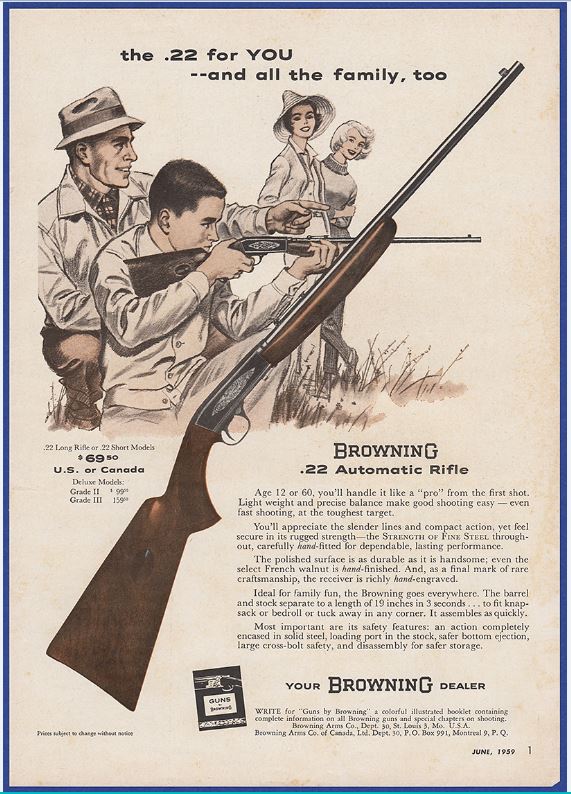
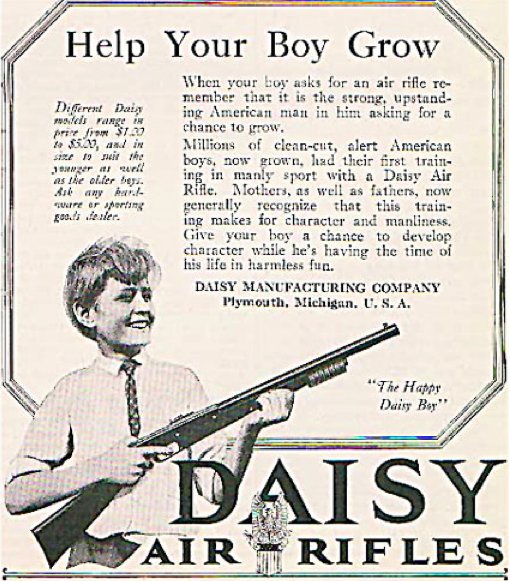

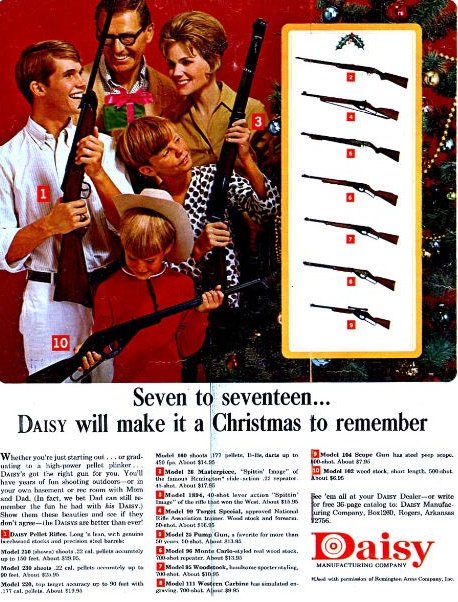
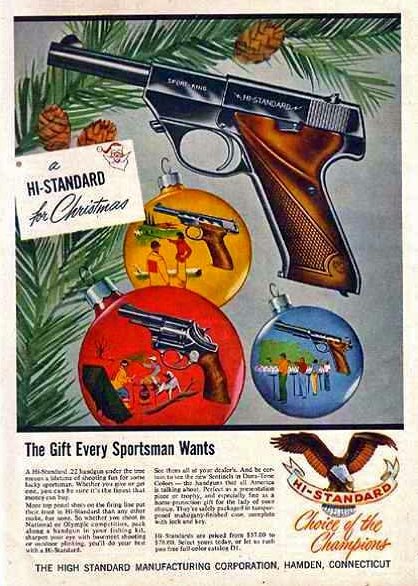

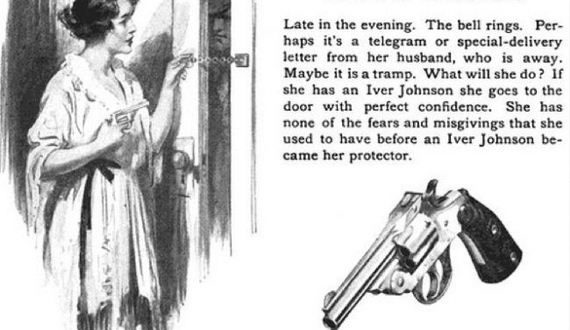

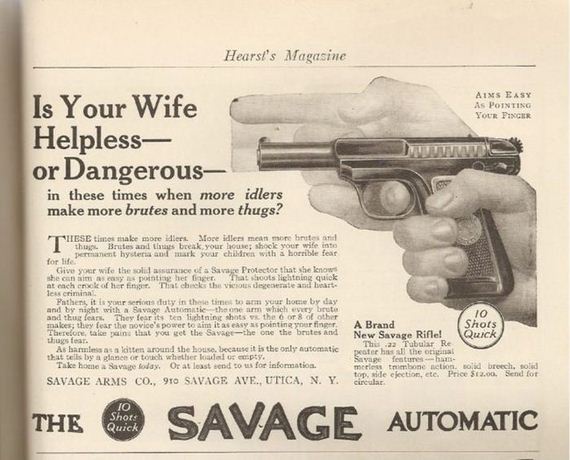
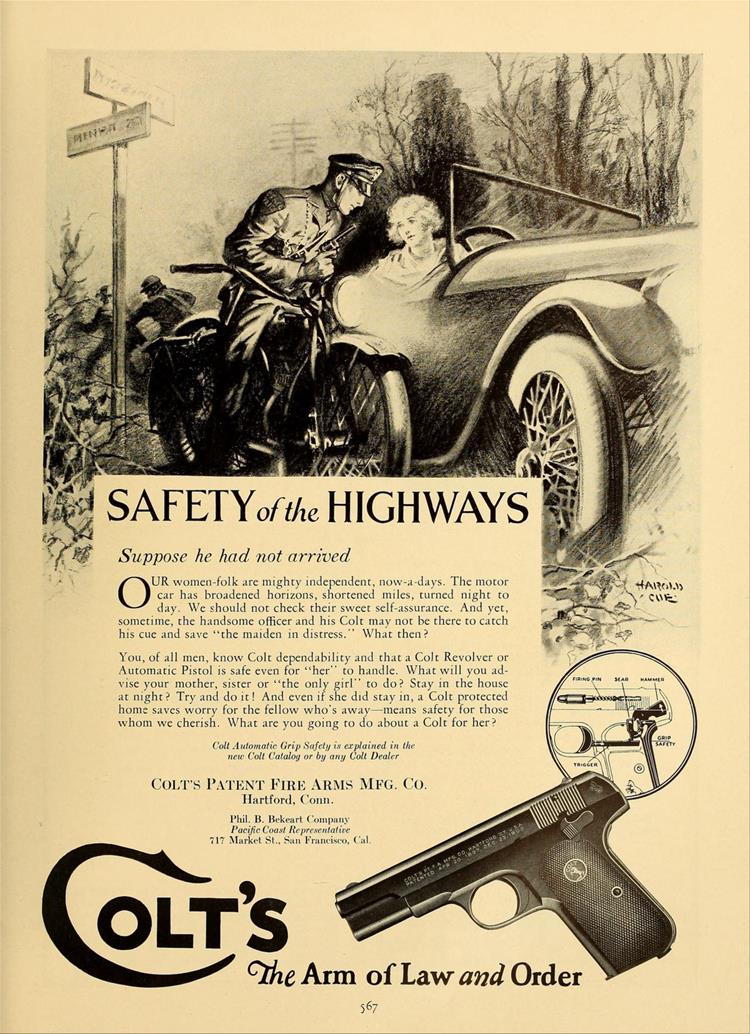
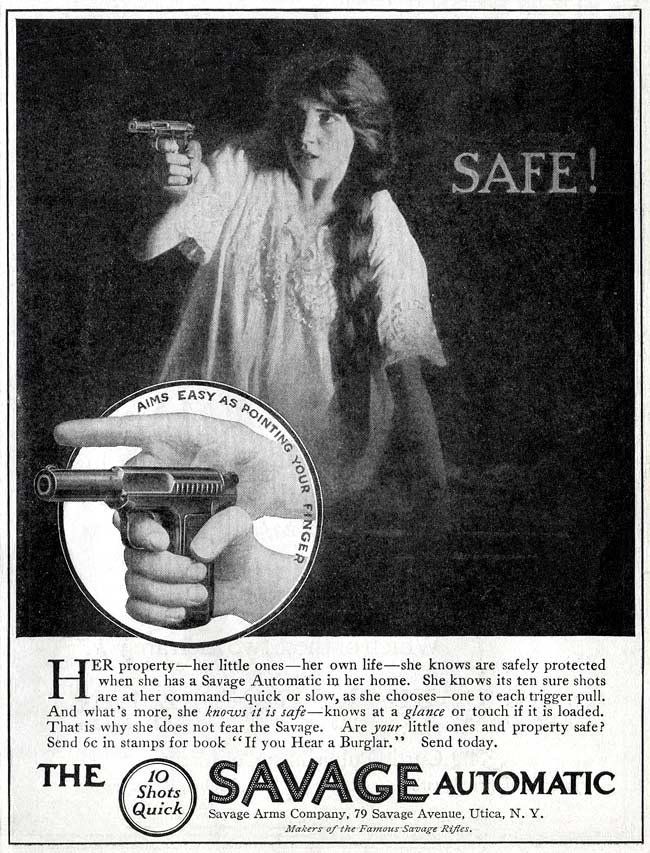
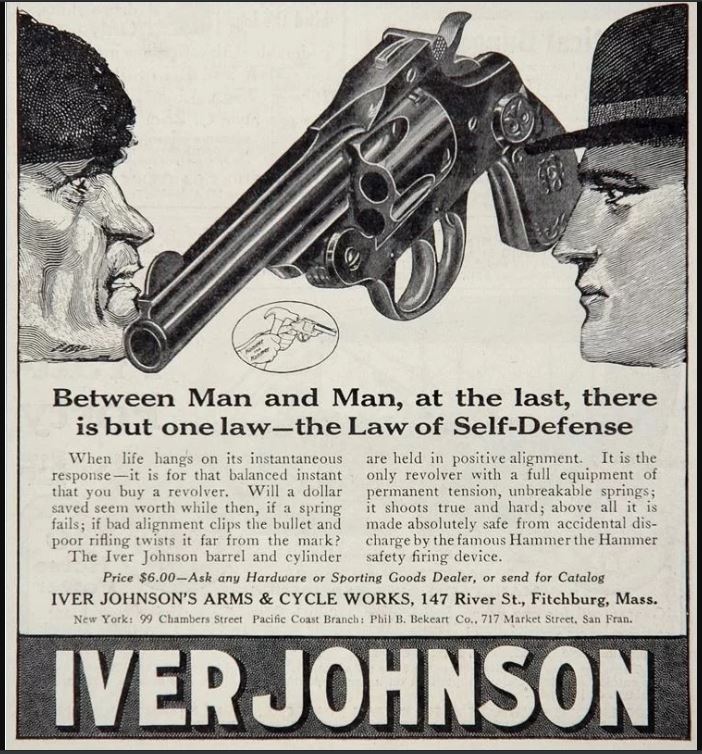
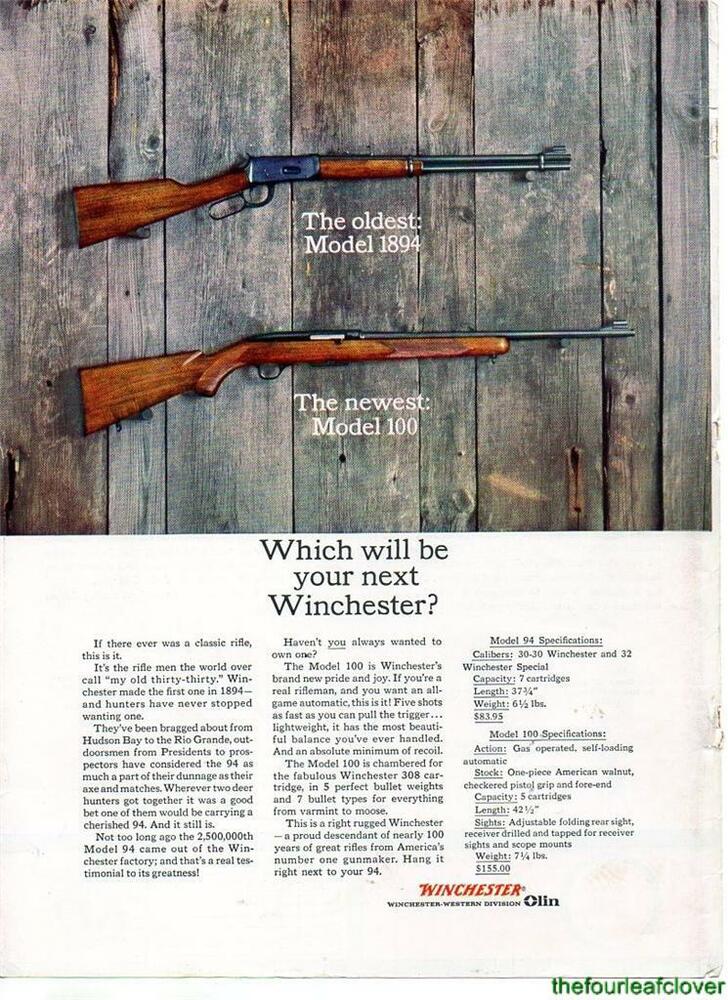
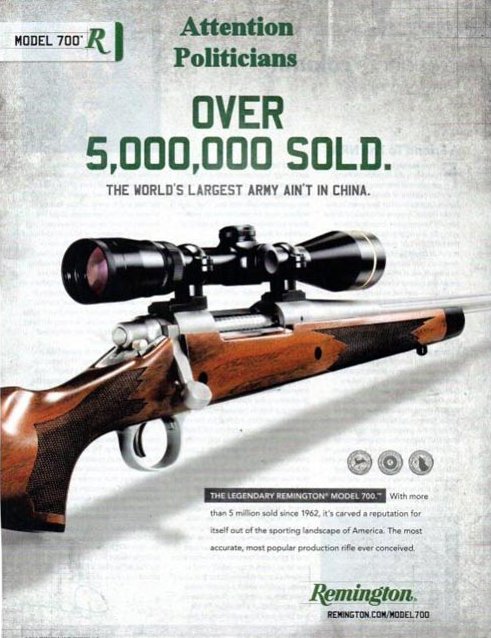



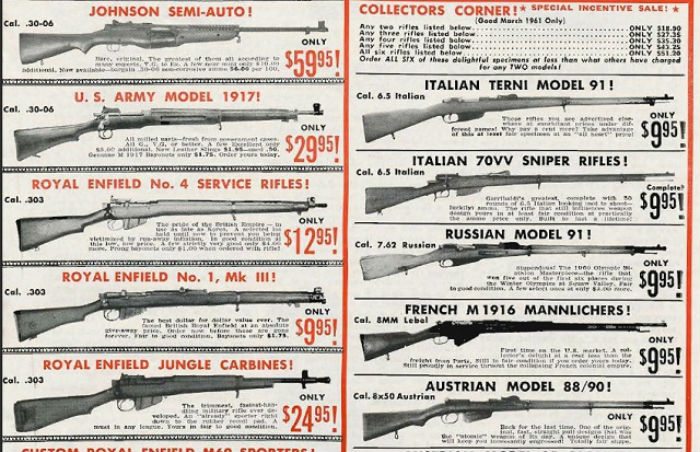
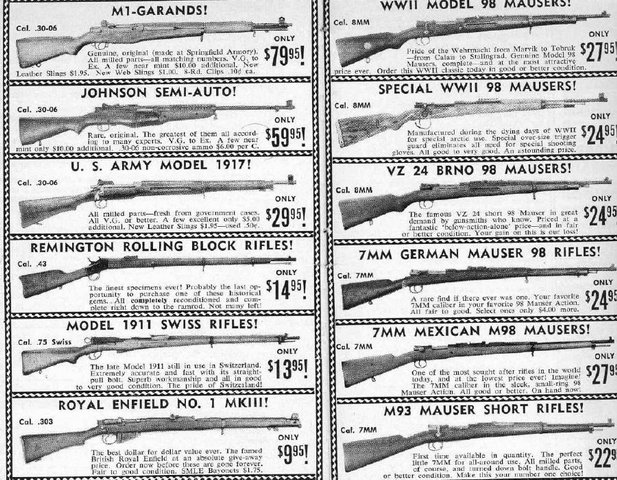



 (The Swede came with three battle-packs of the outstanding steel-core Hirtenberg mil-surp ammo, which pretty much sealed the deal.)
(The Swede came with three battle-packs of the outstanding steel-core Hirtenberg mil-surp ammo, which pretty much sealed the deal.)